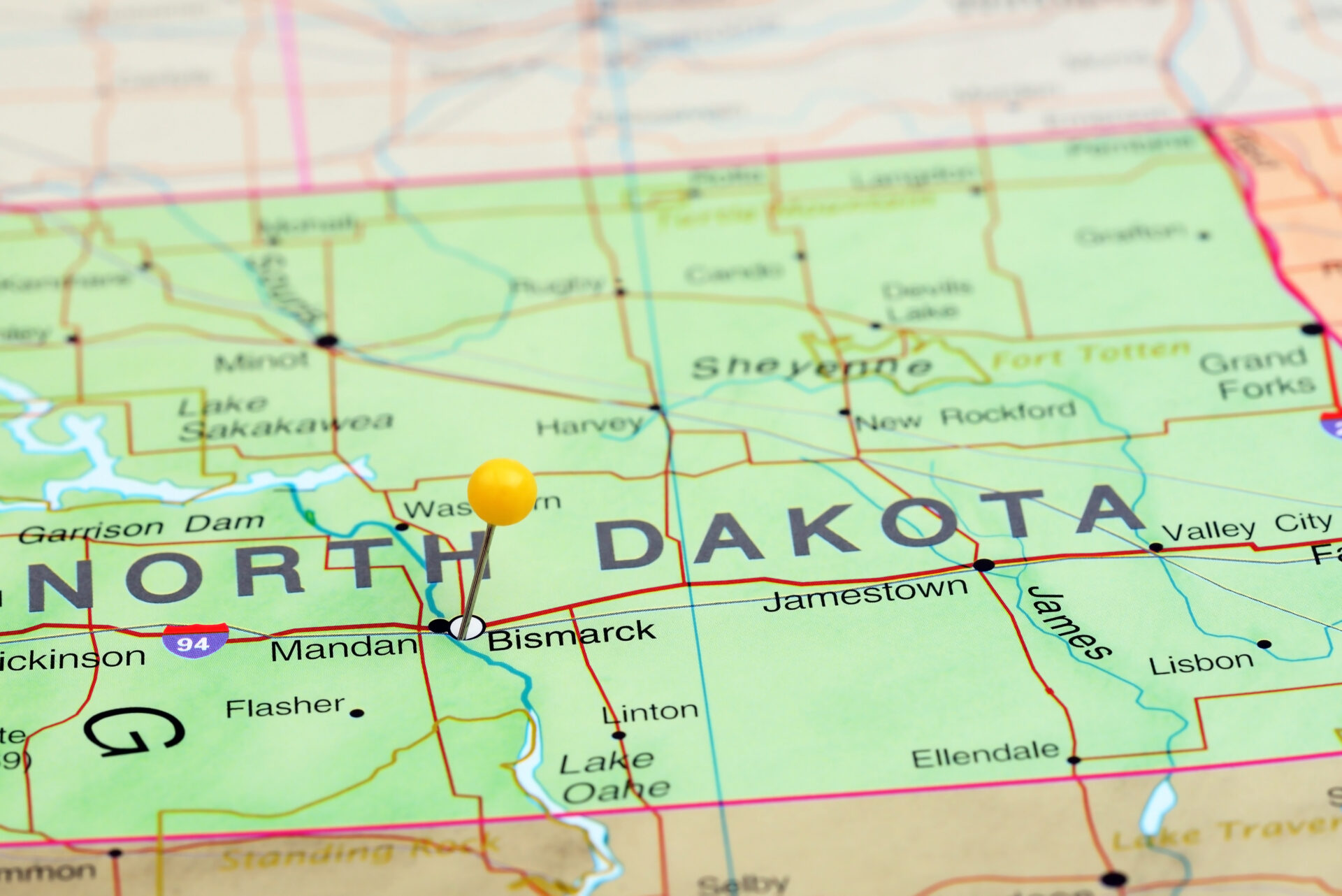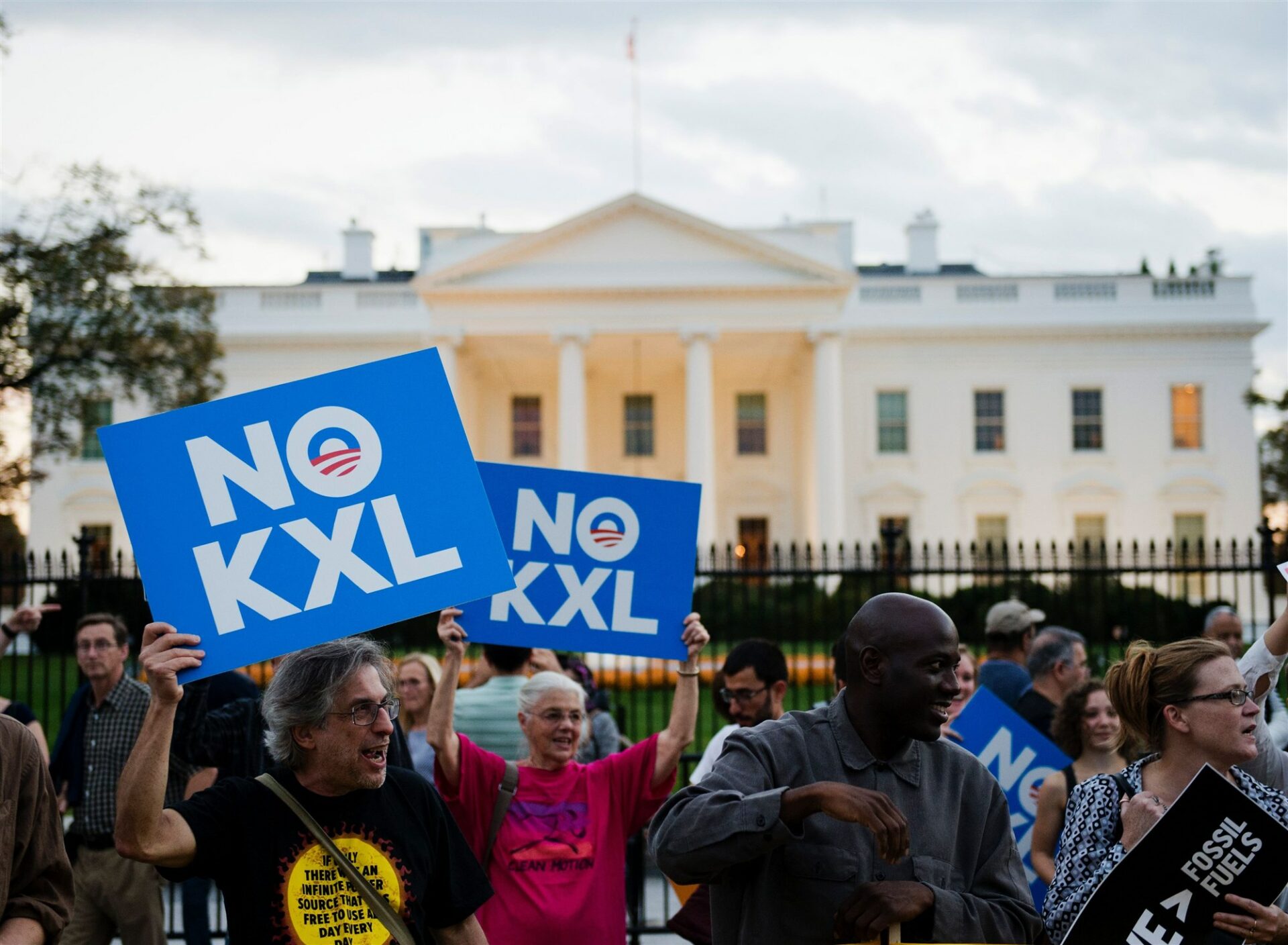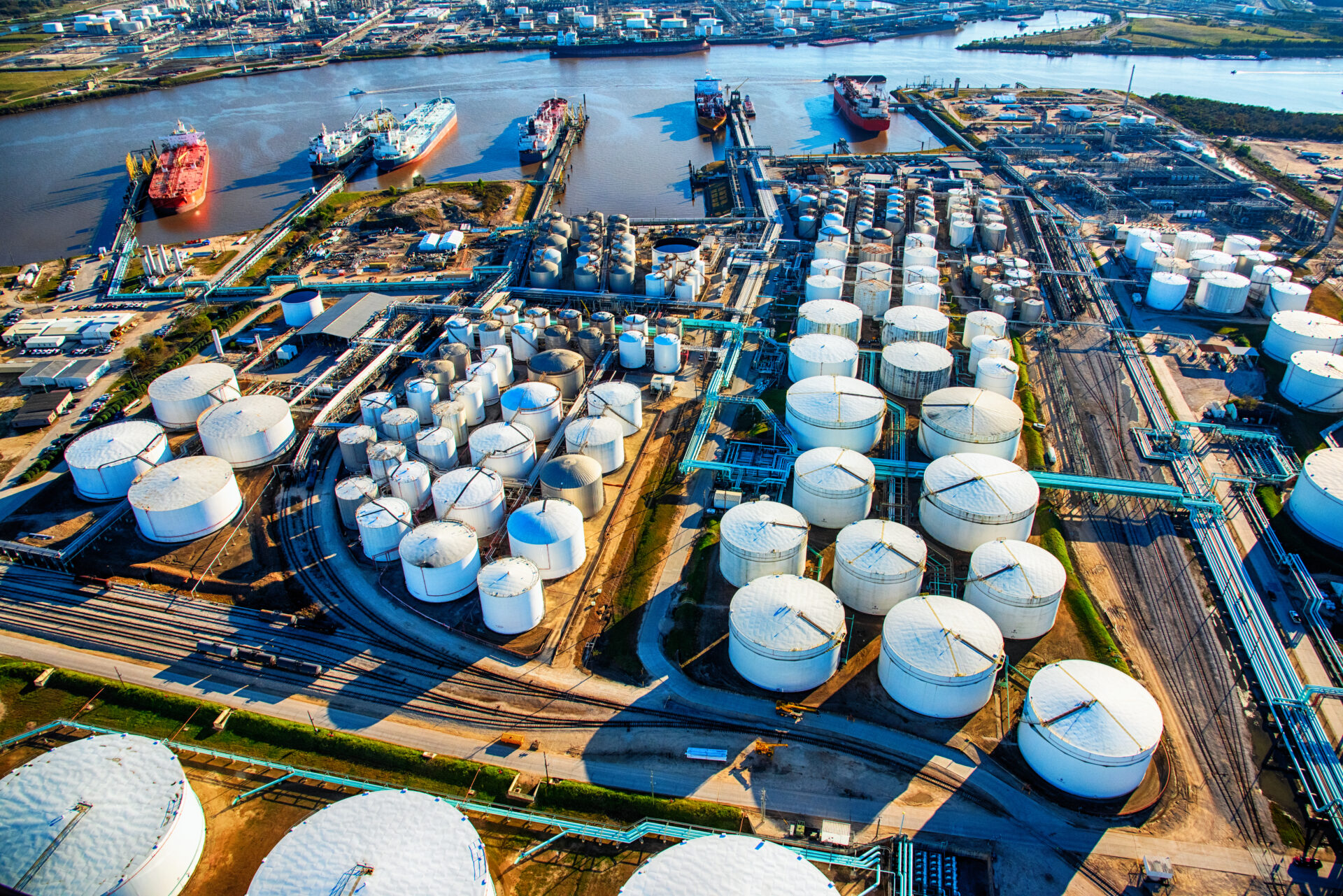CLAIM:
The coronavirus has continued to take its toll on the American economy – forcing non-essential businesses to shutter, driving up unemployment, and testing our healthcare system. But there has also been a fair amount of misinformation disseminated regarding the virus. CNN recently reported “One of the most recent, baseless conspiracy theories surrounding the virus is that 5G networks — the next generation of wireless technology that’s steadily being rolled out around the world — are fueling the global coronavirus pandemic.”
RATING: False
FACT CHECK:
CNN and many other mainstream media outlets have been quick to quash misinformation regarding claims …








